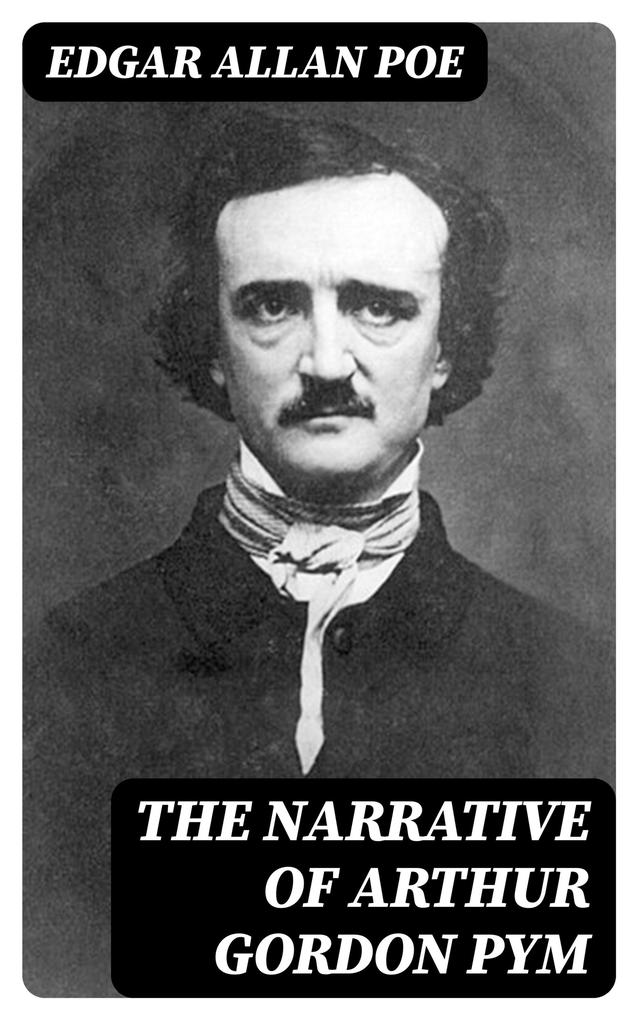
Sofort lieferbar (Download)
In Edgar Allan Poe's only novel, The Narrative of Arthur Gordon Pym, the reader is immersed in a harrowing tale of adventure and survival at sea. Set against the backdrop of the 19th century maritime exploration, the book masterfully blends elements of gothic fiction with psychological terror and philosophical inquiry. As Pym embarks on a tumultuous journey involving shipwrecks, cannibals, and an unsettling descent into the unknown, Poe's trademark style emerges: rich, atmospheric prose that captures both the external perils and internal conflicts of the protagonist. The novel also serves as a precursor to modern adventure and horror narratives, showcasing Poe's exploratory themes of existential dread and the sublime, while offering biting social commentary on contemporary society's fears and anxieties regarding the vast, uncharted territories of both land and spirit. Edgar Allan Poe, a pioneer in the American literary canon, drew inspiration from his own tumultuous life experiences, which included personal loss, financial struggles, and a deep fascination with the macabre. Born in 1809 and having faced adversity throughout his life, Poe's unique perspective informs his writing, particularly in The Narrative of Arthur Gordon Pym. His fascination with the unknown and the human psyche, influenced by Romanticism, found an ultimate expression in this novel, intertwining his existential musings with thrilling adventures. This novel is a must-read for anyone intrigued by the darker sides of human nature and the mysteries that engulf us. Poe's exploration of fear, isolation, and the unknown invites readers to confront their own thresholds of adventure, beckoning them into a world of existential inquiry and eerie wonder. Readers of gothic literature, adventure tales, and psychological thrillers will find Pym's journey unforgettable and profoundly reflective.
Produktdetails
Erscheinungsdatum
17. Mai 2022
Sprache
englisch
Seitenanzahl
478
Dateigröße
1,21 MB
Altersempfehlung
ab 6 Jahre
Autor/Autorin
Edgar Allan Poe
Verlag/Hersteller
Kopierschutz
mit Wasserzeichen versehen
Family Sharing
Ja
Produktart
EBOOK
Dateiformat
EPUB
ISBN
8596547009498
Entdecken Sie mehr
Bewertungen
0 Bewertungen
Es wurden noch keine Bewertungen abgegeben. Schreiben Sie die erste Bewertung zu "The Narrative of Arthur Gordon Pym" und helfen Sie damit anderen bei der Kaufentscheidung.









